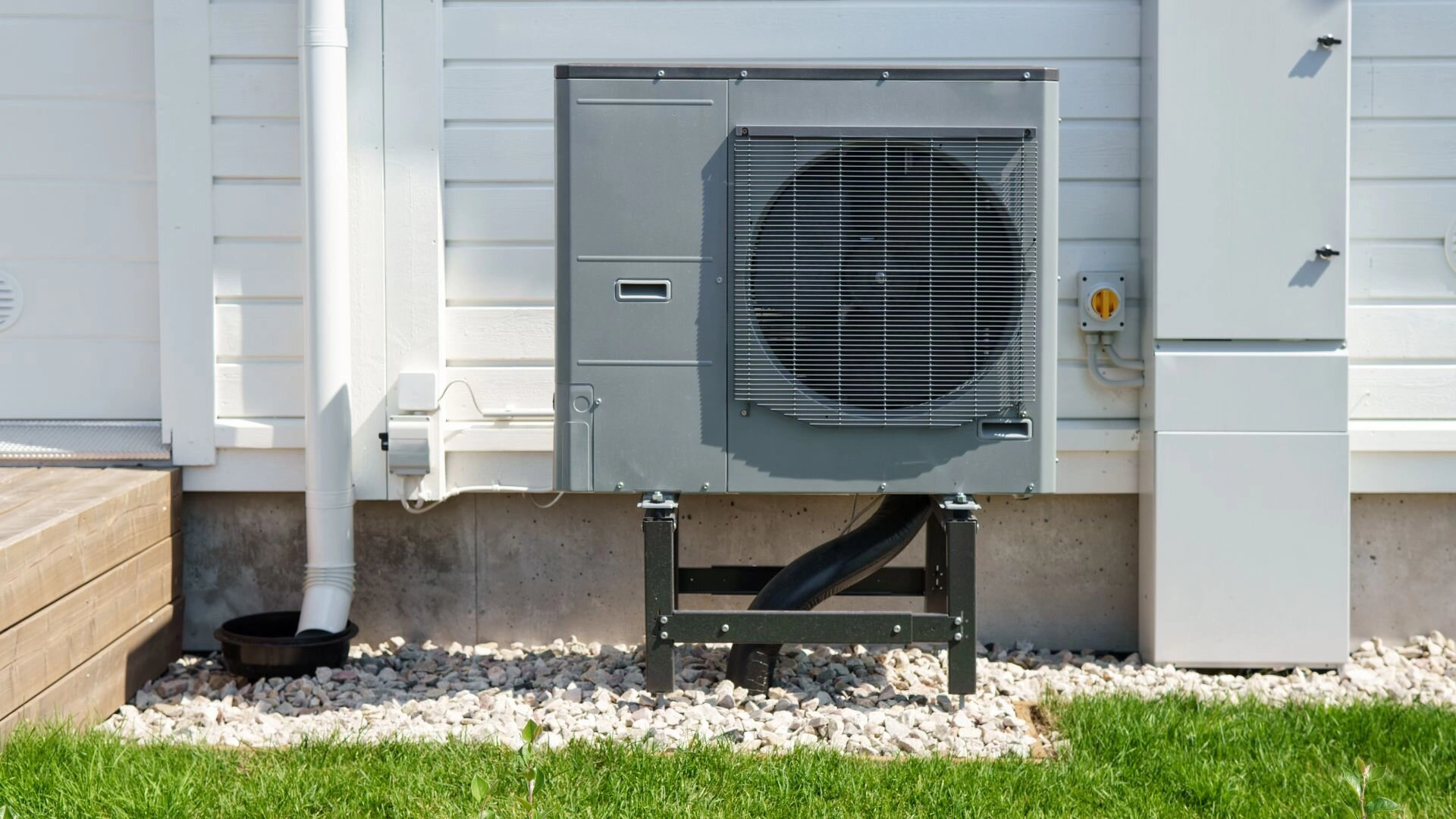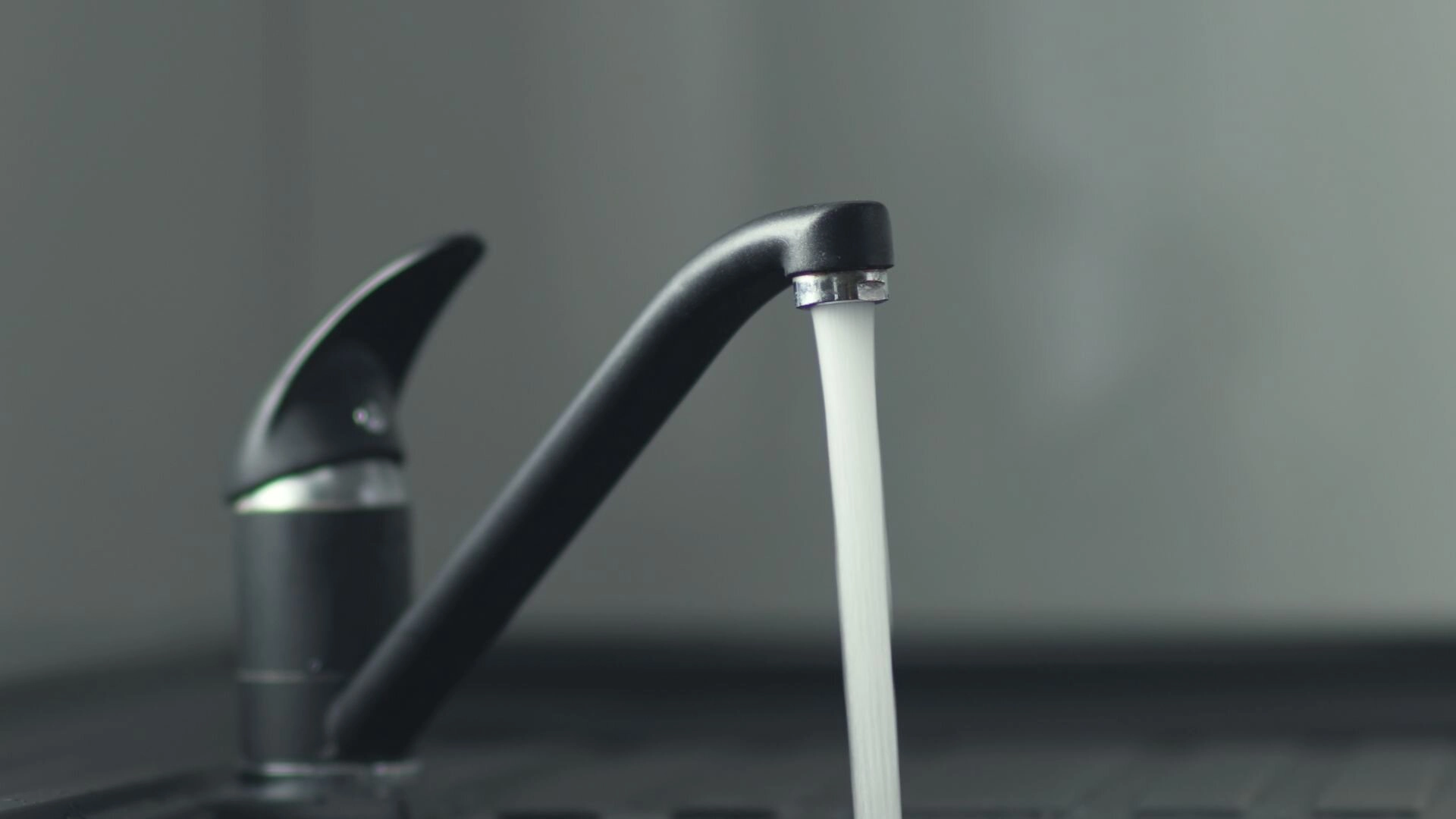Heat Pump Hot Water System Maintenance Tips
Keep your hot water system running efficiently for years to come with our simple DIY maintenance tips. Get our expert plumbers advise on maintaining your heat pump hot water system.
Did you know that switching to a heat pump hot water system could cut your water heating energy use in half ? These innovative systems work by extracting heat from the surrounding air, similar to a refrigerator in reverse. Instead of generating heat directly, they act like a transfer service, significantly reducing energy consumption.
While highly efficient, even heat pump systems benefit from regular maintenance. Just like a car running smoothly with regular tune-ups, proper care ensures your heat pump hot water system operates at peak performance, lasts for years to come, and keeps those energy savings flowing.
Top Tips for Maintaining Your Heat Pump Hot Water System
Keeping your heat pump hot water system in top shape is essential for efficient operation, a long lifespan , and a consistent supply of hot water. Here are some key maintenance tips to ensure your system runs smoothly:

Regular Inspections
Your eyes are powerful tools! Perform visual inspections of your heat pump hot water system at least twice a year . Look for any signs of leaks, drips, or unusual noises coming from the unit . Also, check for loose connections, cracks in the casing, or any other visible damage.
Early detection of minor issues can prevent them from turning into major problems that require costly repairs. By catching these issues early, you can save yourself time and money and avoid a potential hot water outage.
Cleaning the Air Filters
Just like your home air filters, your heat pump hot water system also has air filters. These filters play a crucial role in maintaining efficient operation by ensuring clean air circulation within the system. Refer to your manufacturer’s instructions for the recommended cleaning frequency. Typically, cleaning them every few months is sufficient.
Cleaning the filters is a simple process. Remove the filters, wash them with warm water and a mild detergent, allow them to dry thoroughly, and then replace them securely.
Maintaining the Heat Exchanger
The heat exchanger is the heart of your hot water heat pump system and is responsible for transferring heat from the air to the water. To maintain its energy-efficient operation, ensure the hot water tank and the pressure relief valve are checked regularly.
Proper maintenance includes keeping the area around the heat exchanger free of debris like leaves, twigs, or cobwebs. Carefully clean the exchanger fins and coils using a soft brush or a vacuum cleaner with a brush attachment. Take care, as the fins are delicate, and even slight damage can impact performance.
Monitoring System Performance and Energy Consumption
Stay vigilant! Pay attention to your hot water temperature and energy bills. These can be indicators of potential problems. If you notice a significant drop in hot water temperature or a spike in your energy bills, it might be a sign that your system isn’t performing at its best .
You can also check your thermostat setting and adjust it if necessary to optimise hot water usage. If you observe significant changes in performance or energy consumption, it’s best to contact a qualified technician to diagnose and address the issue before it worsens.
Anode Rod Maintenance
Your heat pump hot water system’s tank is equipped with an anode rod, which acts as a sacrificial lamb to prevent corrosion. The anode rod attracts corrosion instead of the tank itself. However, the anode rod doesn’t last forever.
Consult your manufacturer’s instructions, typically every 1-3 years, to determine the recommended frequency for checking the anode rod . If the rod shows signs of deterioration, it’s crucial to replace it with a new one to ensure continued protection for your tank.
Ensuring Proper Clearance
Refer to your manufacturer’s manual for the specific clearance requirements around the unit. This ensures proper airflow for optimal heat transfer. If there’s not enough space, the system can overheat and reduce its efficiency. Keep the area around the outdoor unit clear of vegetation and remove any objects that might obstruct airflow.
Scheduling Professional Maintenance
For optimal performance, consider scheduling a qualified technician to service your heat pump hot water system every 1-2 years . Regular professional maintenance can help identify potential issues early on, preventing them from developing into major problems. This proactive approach ensures your system is operating at its peak efficiency, reducing your energy bills and extending the lifespan of your investment.

Enjoy Long-Lasting Hot Water
Keeping your heat pump hot water system running smoothly is easy with these simple maintenance tips. Regular cleaning, inspections, and professional servicing will ensure optimal efficiency, consistent hot water, and a longer lifespan for your system. By following these recommendations, you can enjoy the comfort and cost savings that heat pump hot water offers.
For a complete and worry-free solution, look no further than Service First Plumbing . Our qualified technicians provide comprehensive heat pump hot water system maintenance services . or to schedule a convenient service appointment. We’ll help you keep your hot water system running at its best!
Heat Pump Hot Water System FAQs
How often should I inspect my heat pump hot water system?
Regularly perform visual inspections every few months . Look for leaks, debris around the unit, and any signs of damage.
How do I clean the air filters in my heat pump hot water system?
Most systems have air filters located near the top of the unit. Check the manufacturer’s instructions for cleaning frequency , but typically, every few months or when prompted by the system is sufficient.
How can I tell if there’s a refrigerant leak?
While a qualified professional can definitively diagnose a leak, signs may include hissing noises coming from the unit, reduced hot water production, or unusual frosting on the coils.
How often should I clean the condenser and evaporator coils?
The frequency depends on your environment . In dusty areas, cleaning may be needed every few months. In cleaner environments, annually might suffice. Gently brush or vacuum the fins to remove debris.
Why is it important to maintain proper clearance around the heat pump?
Adequate airflow is crucial for efficient operation. Ensure there are no obstructions around the outdoor unit and that the indoor unit has proper ventilation according to the manufacturer’s recommendations.
How often should a professional service my heat pump hot water system?
While routine maintenance can be done by the homeowner, scheduling professional servicing every 1-2 years is recommended for a thorough inspection and potential cleaning of internal components.
Should I insulate my hot water pipes?
Yes. Insulated pipes prevent heat loss during transfer, reducing energy consumption and keeping your hot water hotter for longer.
Is there anything else I can do to improve the efficiency of my heat pump hot water system?
Yes! Setting the thermostat to a lower temperature (around 49°C) can significantly improve efficiency without sacrificing comfort for most users.